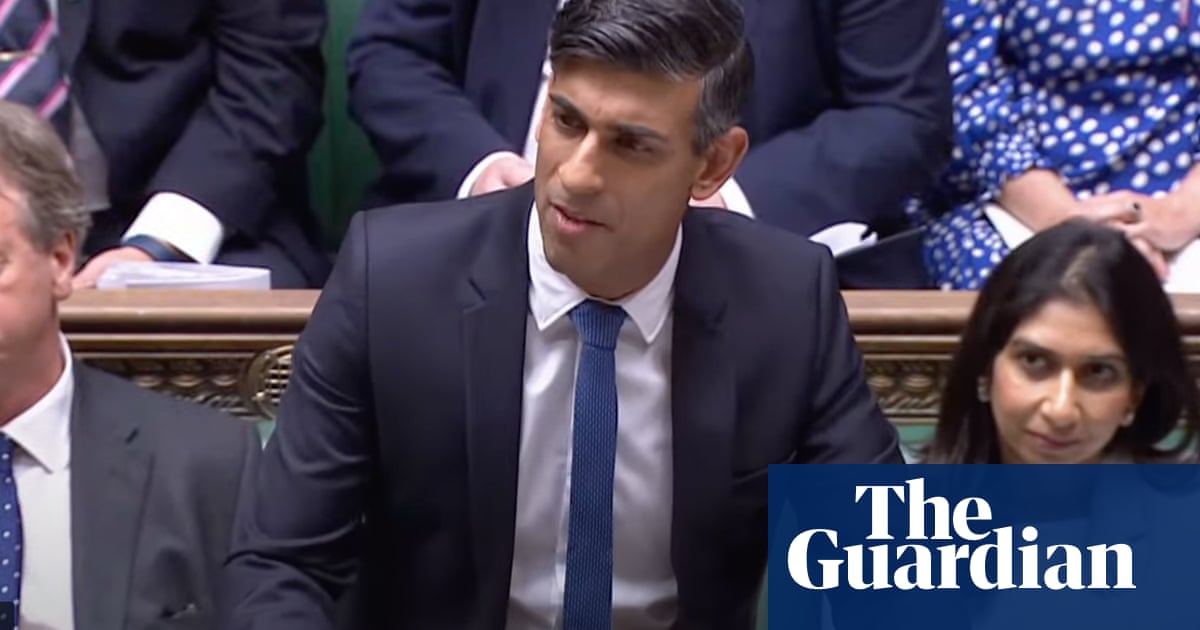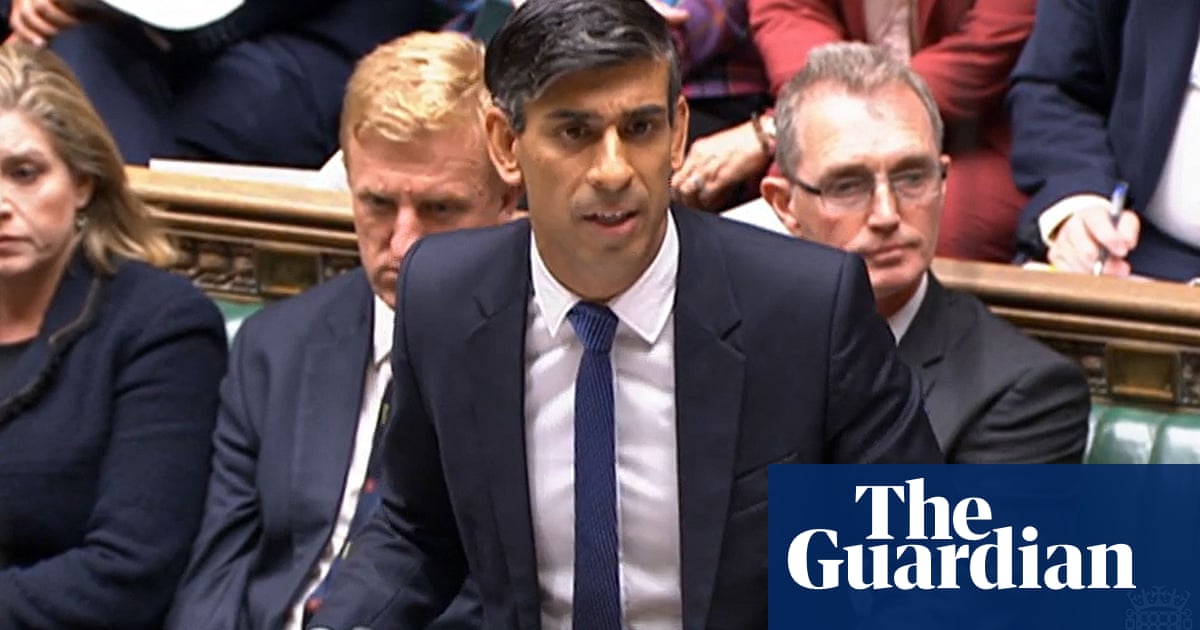
Britain’s foremost economics thinktank has urged Rishi Sunak to use next month’s budget to announce a targeted extension of government support to tackle a “triple challenge” to the economy from Brexit, Covid and global heating.
The Institute for Fiscal Studies said the chancellor needed to steer clear of raising taxes in response to record peacetime borrowing of about £400bn inflicted by the coronavirus pandemic and called on him instead to focus on supporting the UK’s economic recovery from lockdown.
In an intervention as Sunak prepares to deliver the 3 March tax and spending set-piece in the Commons, the IFS said additional support was needed to help Britain adjust to the triple economic challenges presented by Brexit, Covid and meeting targets for net-zero carbon emissions by 2050.
The leading thinktank on the public finances said that despite record sums being borrowed this year, an extension in the multibillion-pound furlough wage subsidy scheme beyond the end of April was needed.
Having supported the wages of 10m jobs at more than 1m businesses since it was launched in March last year, the IFS recommendation echoes calls made by leading business groups, Labour and trade unions in recent weeks. The thinktank said that while wage support should be removed eventually, a gradual-phasing out of the system was needed to protect jobs and growth.
It also said there was “no need” to phase out a £20-a-week increase in universal credit benefit payments launched at the start of the pandemic as a temporary step, adding to the pressure on Sunak to make the uplift permanent.
“Given that basic support for the childless unemployed has not risen in 50 years as earnings have more than doubled, and is much less generous than in many comparable countries, there is a case for maintaining this increase,” the IFS said.
Keeping the measure would come at a long-term cost of about £6.5bn, but removing it would mean 6 million low-income families seeing their benefit income fall by £80 or more between March and April.
Paul Johnson, director of the IFS, said: “In the recovery phase, he [Sunak] needs to support jobs and investment, but also crucially needs to recognise and address the multiple inequalities exacerbated by the crisis.”
Over the longer term, the thinktank said, the public finances were not on a sustainable footing as a result of the economic damage inflicted by Covid-19 on the exchequer, as well as growing demographic pressure on public services from an ageing population.
It said sizeable tax rises would be necessary in future to meet enduring weakness in revenues for the exchequer, while keeping inflation low. As much as £60bn could be required to ensure that government revenues cover day-to-day spending, it said.
However, Johnson said there was a huge degree of uncertainty about how large the lasting impact from Covid would be for the economy and that the chancellor should not commit to permanent changes now.
“It is possible that growth will be fast enough that big fiscal deficits will largely dissipate of their own accord. But that is not a central expectation; more likely we are on track for ongoing unsustainable deficits. For now, Mr Sunak needs to focus on support and recovery. A reckoning in the form of big future tax rises is highly likely, but not as yet inevitable,” he said.
A Treasury spokesperson said it had invested more than £280bn throughout the pandemic to protect millions of jobs and businesses. “At the upcoming budget, we’ll outline the next stages of our Plan for Jobs to support businesses and families across the UK. That has been our priority throughout the past year and it will be the priority for the year to come.”












